My Time Is Just as Important As Anyone Else’s
 Scheduling and planning accurately are a difficult (practically impossible) thing to get right. This includes not keeping appointments with ourselves. I don’t know about you, but I’m much more intentional about being on time to a meeting with someone else…not so much when I’m meeting with me.
Scheduling and planning accurately are a difficult (practically impossible) thing to get right. This includes not keeping appointments with ourselves. I don’t know about you, but I’m much more intentional about being on time to a meeting with someone else…not so much when I’m meeting with me.
We’ve all been given a limited amount of time; we need to spend it wisely!
How we choose to spend our time is going to vary for each of us. What we spend it on is not the issue. The problem is not a lack of time, it’s a lack of control. Why is it that if we have a day full of meetings and appointments we can make it to all of them on time, but if we fill our day with tasks and projects that don’t involve anyone but ourselves we are running late after the first thing?
Here are three major things that can cause schedules to go wrong:
 Things take longer than planned – We have all experienced things taking twice as long, or more, to do than we expected. This is called the Planning Fallacy. This is a phenomenon in which predictions about how long something will take to complete is underestimated. Parkinson’s Law is when we underestimate the time needed as a way of accomplishing more. If I think something should take four hours and then tell myself that I can do it in two, I will get it done faster than if I tell myself I have all day, even if it still takes five. We focus more and work harder when there’s a deadline.
Things take longer than planned – We have all experienced things taking twice as long, or more, to do than we expected. This is called the Planning Fallacy. This is a phenomenon in which predictions about how long something will take to complete is underestimated. Parkinson’s Law is when we underestimate the time needed as a way of accomplishing more. If I think something should take four hours and then tell myself that I can do it in two, I will get it done faster than if I tell myself I have all day, even if it still takes five. We focus more and work harder when there’s a deadline.
 Too many things on the list – This is another common problem. Most of us have said yes to too many things. There are so many good things that we need or want to do. The more things we think about the harder it is to focus on one thing. This, like the previous point, pushes us harder to get the things on the list done, even though we know we won’t be able to do them all. Having too many things on the list leads me to the next cause for schedules to go wrong.
Too many things on the list – This is another common problem. Most of us have said yes to too many things. There are so many good things that we need or want to do. The more things we think about the harder it is to focus on one thing. This, like the previous point, pushes us harder to get the things on the list done, even though we know we won’t be able to do them all. Having too many things on the list leads me to the next cause for schedules to go wrong.
 Distractions and interruptions – Our busy lives are full of these, whether self-inflicted or from outside sources. In this fast-paced digital age, there has never been more opportunities to be distracted. The previous two things are more internal than this one. It doesn’t mean that we don’t have any control, it just means that it often comes from outside sources. These can play havoc on our schedules if we allow them.
Distractions and interruptions – Our busy lives are full of these, whether self-inflicted or from outside sources. In this fast-paced digital age, there has never been more opportunities to be distracted. The previous two things are more internal than this one. It doesn’t mean that we don’t have any control, it just means that it often comes from outside sources. These can play havoc on our schedules if we allow them.
You can choose to manage your time better or not…it’s up to you.
Managing how I spend my time is up to me. If I’m going to manage it better, first I have to decide that’s what I want to do. Second, I need to consider who I am and what works best for me. Third will require developing a system that works for me.
The flexibility of a digital calendar is nice, but I’ve noticed recently that it’s much easier for me to move things back when it’s a meeting with myself rather than someone else.

There’s no perfect system for scheduling and planning, but my time is as valuable as anyone’s. I need to be intentional about how I spend it and be on time to the meetings I’ve scheduled with myself.
It’s up to me!
Links to similar Solutions:
How to Live A Well-Balanced Life
How to Get Your Puzzle Pieces to Fit
How to Achieve Your Desired Life Results





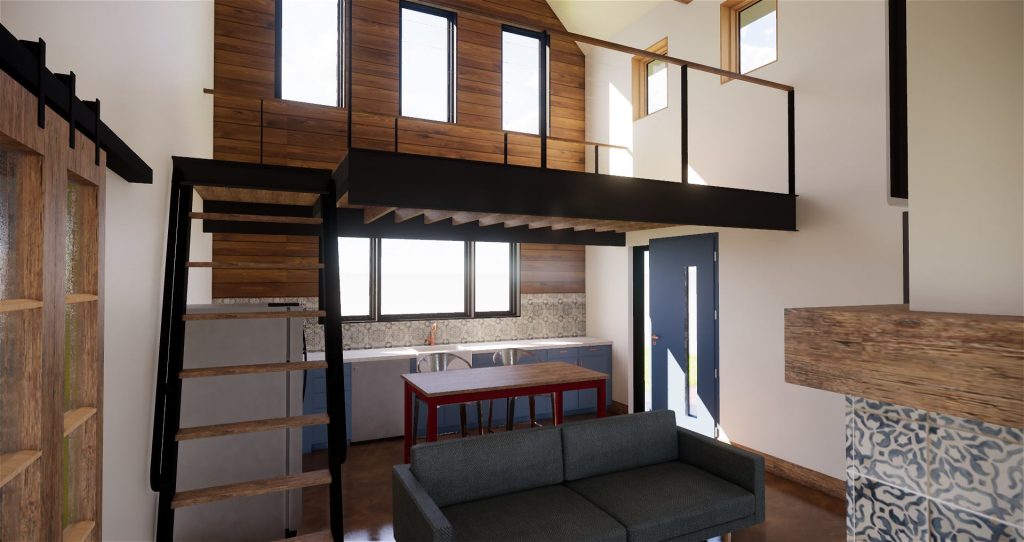

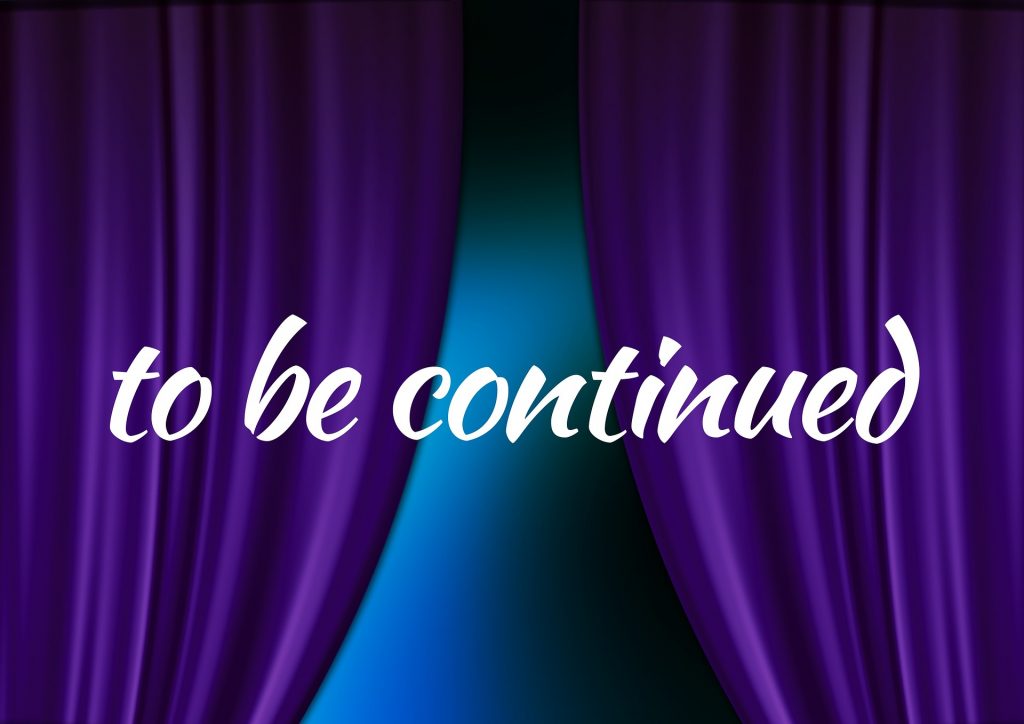



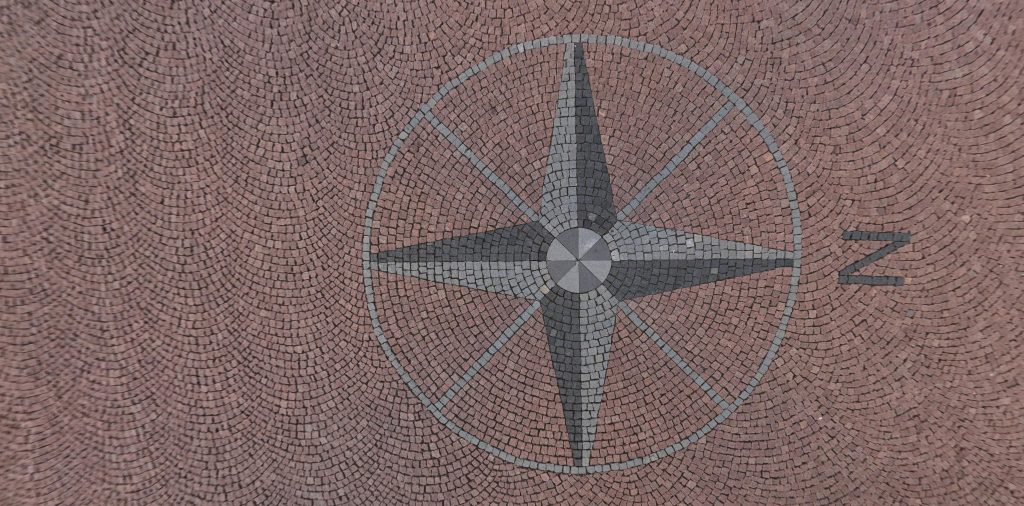

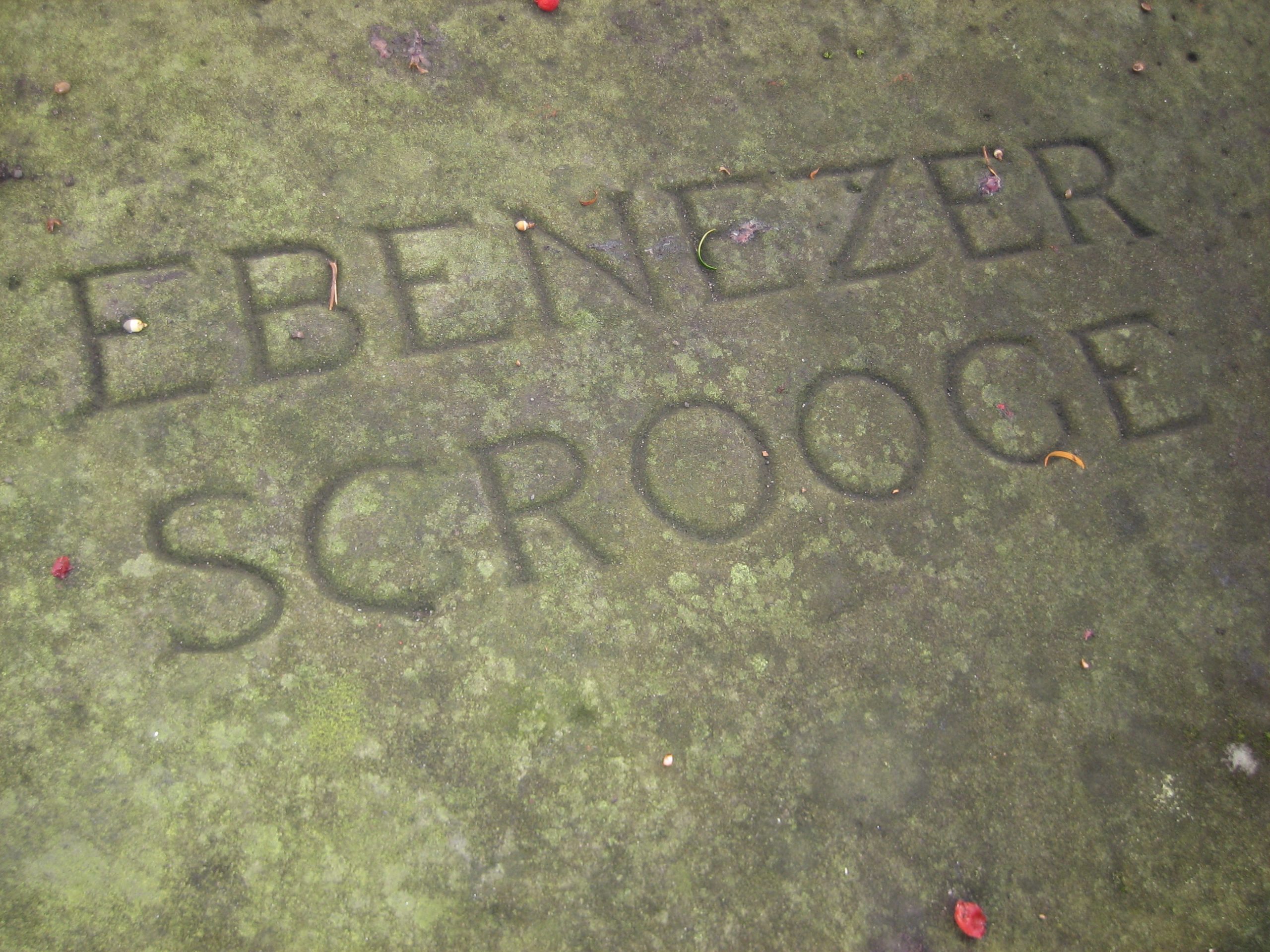



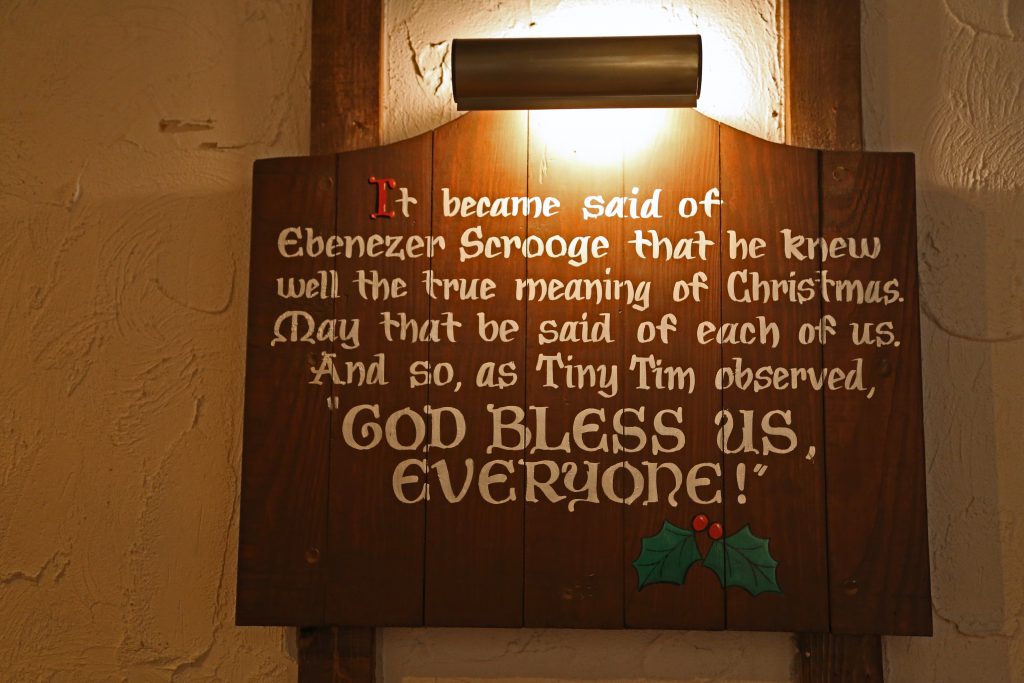
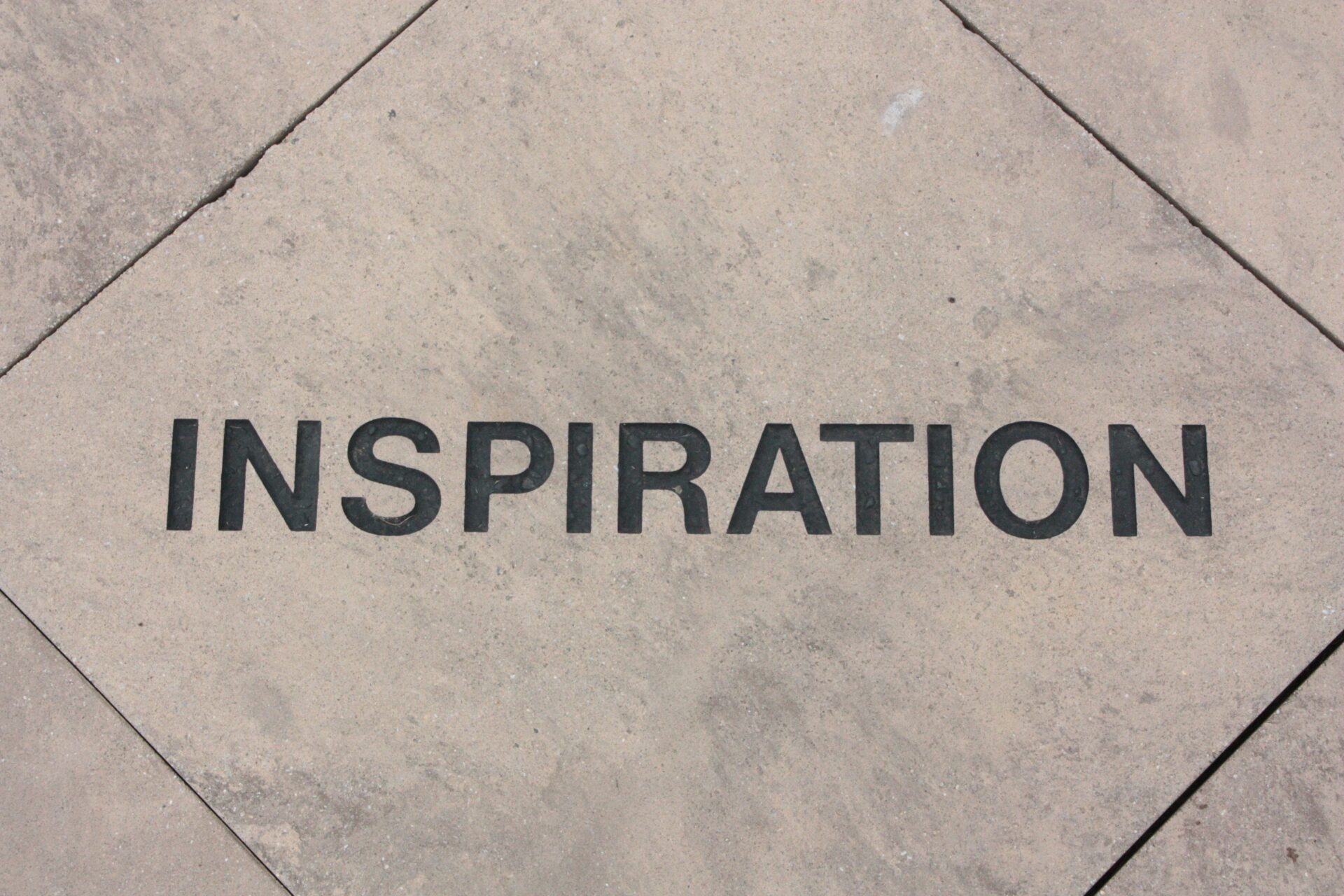





 This is a big struggle that I have when scheduling. I know that I’m deadline oriented. If I allow two hours to do something it will most likely take twice that long. If I allow four hours, it reduces the level of urgency and I will
This is a big struggle that I have when scheduling. I know that I’m deadline oriented. If I allow two hours to do something it will most likely take twice that long. If I allow four hours, it reduces the level of urgency and I will  procrastinate. Something else will take its place. I’ve figured out that If I schedule myself short on time, I focus better, and the increased urgency will get it done faster. Figuring out your balance of accuracy and urgency can be tricky but is critical.
procrastinate. Something else will take its place. I’ve figured out that If I schedule myself short on time, I focus better, and the increased urgency will get it done faster. Figuring out your balance of accuracy and urgency can be tricky but is critical. tendency of trying to do too many things has always been a characteristic that I have been proud of. This is what movers and shakers do, right. Being a micro-manager doesn’t help either. There are just
tendency of trying to do too many things has always been a characteristic that I have been proud of. This is what movers and shakers do, right. Being a micro-manager doesn’t help either. There are just 

 I decided to write about this core value while reading “The Seventh Most Important Thing”, by Shelley Pearsall. In the story Mr. Hampton leaves a hand-written message for Arthur on a piece of cardboard,
I decided to write about this core value while reading “The Seventh Most Important Thing”, by Shelley Pearsall. In the story Mr. Hampton leaves a hand-written message for Arthur on a piece of cardboard,  It has been my experience when building a building that people have a dream of what they envision the finished project to look like. The problem is, they don’t know how to get that dream from their head to a physical structure. This is where vision comes in. The vision is the process of taking the imagined and turning it into reality. This provides a clear and intentional plan for building the dream.
It has been my experience when building a building that people have a dream of what they envision the finished project to look like. The problem is, they don’t know how to get that dream from their head to a physical structure. This is where vision comes in. The vision is the process of taking the imagined and turning it into reality. This provides a clear and intentional plan for building the dream.
 importance of being intentional about the plan.
importance of being intentional about the plan. Think of your life or business as a construction project. It all begins with a dream. You can see the vision of the completed project in your mind. The tricky part is getting that dream out of your head and making it a reality? Having it drawn out will let you see if it looks like your dream or not. It’s better and easier to make changes and corrections during the planning, rather than the construction. It improves the clarity of communication between all parties involved.
Think of your life or business as a construction project. It all begins with a dream. You can see the vision of the completed project in your mind. The tricky part is getting that dream out of your head and making it a reality? Having it drawn out will let you see if it looks like your dream or not. It’s better and easier to make changes and corrections during the planning, rather than the construction. It improves the clarity of communication between all parties involved.

 At an early age we begin the process of planning our lives. We have an image of how our life is going to look, what we are going to do, who is going to enjoy it with us, etc. Sometimes those plans are well thought out and designed. They come with pages and pages of blueprints including all types of details, complete with engineering calculations. Some plans are more the ‘scribbled on a piece of scrap paper idea’. Either way we have that picture of what we think our life should be.
At an early age we begin the process of planning our lives. We have an image of how our life is going to look, what we are going to do, who is going to enjoy it with us, etc. Sometimes those plans are well thought out and designed. They come with pages and pages of blueprints including all types of details, complete with engineering calculations. Some plans are more the ‘scribbled on a piece of scrap paper idea’. Either way we have that picture of what we think our life should be.
